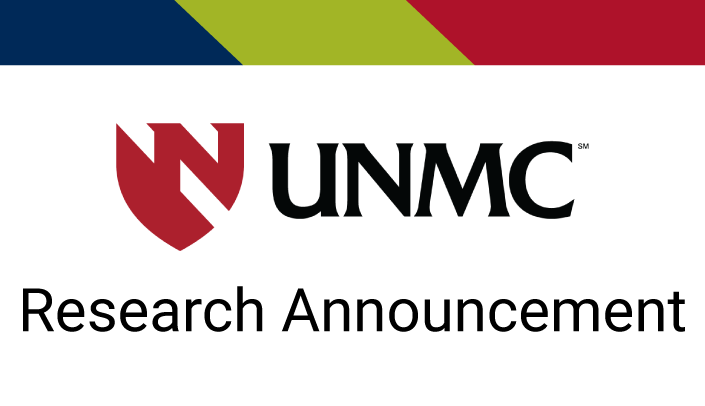With increasing coronavirus cases and breakthrough infections, the Office of the Vice Chancellor for Research (VCR) wants to clarify the new UNMC/Nebraska Medicine policies as they are relevant to research spaces. The VCR will make one change to the current policy regarding volunteers in research labs.
For all research programs:
- Masks should be worn everywhere indoors, unless by yourself behind a closed door.
- Cloth masks should not be used anywhere, as per recent Nebraska Medicine and UNMC guidance, unless on top of a surgical/procedural mask.
- Conduct any and all research activities remotely, if they can be done remotely, including one on one meetings and seminars.
- Visitors should be limited, masked, and escorted with rigorous questions about recent exposures beforehand.
- Take turns eating in designated spaces, by yourself or behind a closed door, or socially distanced if in a larger space.
- Minimize time unmasked while eating, whether eating alone or in a room where others are sitting.
For all lab building and lab-based programs:
- Return to scheduling time on shared equipment and other measures to enhance social distancing in the lab
- Starting Monday Jan 17, research volunteers will no longer be allowed to work in laboratories (such as high school, undergraduate, visiting students) except the following:
- International Scholars who have been already approved through the Office of Global Engagement
- UNMC health professions students or students enrolled in a University of Nebraska course
- High school alliance students in their currently assigned laboratories
- All volunteers must be vaccinated, no exceptions or exemptions, and show evidence of vaccination, per our policy. They should be strongly encouraged to obtain a booster, as soon as they are eligible
For all face-to-face clinical research programs:
- Study monitors can come to campus if they are required to, if masked and escorted, and vetted for recent exposures.
- Continue to ask research subjects before face to face contact as to recent exposures or symptoms.
- Continue to follow your approved biosafety protocol, and all policies of the institution where the research is to be conducted regarding masking, which may now require providing surgical/procedural masks for subjects or accompanying persons.
